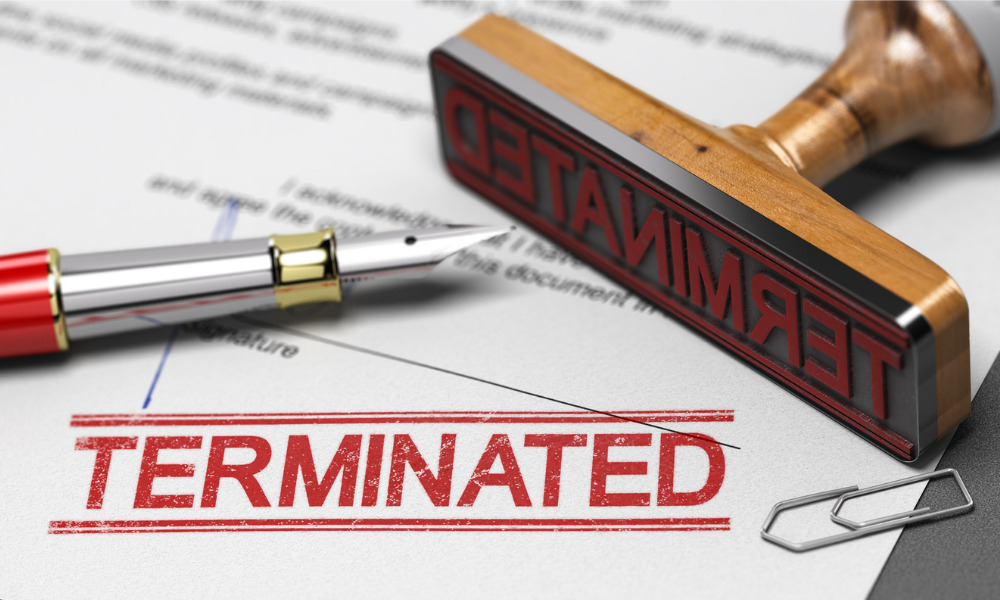
Will just cause legislation evolve? Employment lawyer on dealing with termination backlogs

As the Freedom Convoy continues to hold up in Ottawa, divisions between the vaccinated and the unvaccinated are only growing. Recently, PM Justin Trudeau detailed potential ramifications for protesters that refuse to back down – including freezing bank accounts.
With that in mind, many employers are left wondering what their role is in dealing with internal conflicts off the back of vaccine protests. With more and more employees losing their jobs because they refuse to have a vaccine, will we see a rise in wrongful dismissal claims?
“Context matters,” Matthew L.O. Certosimo, partner at Borden Ladner Gervais LLP, told HRD. “Particularly in the employment relationship. Canada is two years into the pandemic – and one of the big questions right now is how Canadian courts will deal with terminations with or without cause - in particular in regards to non-union employees who don’t comply with their employer's mandatory vaccination policy.
“We’re starting to see terminations - we're also seeing the result of those terminations often in the form of wrongful dismissal litigation. The interesting question on the horizon is will we see an evolution in the common law doctrine of Just Cause as a result of these cases?”
On the one hand, an employer is entitled to adopt health and safety policies to fulfil its duty to ensure that the workplace is up to health and safety codes. As Certosimo noted, adopting a mandatory vaccination policy has been viewed as an acceptable response by governments and human rights bodies in Canada. On the other hand, Just Cause - as stated by no less authority than the Supreme Court of Canada - is to be determined on a case-by-case basis having regard to the context and the ‘principle of proportionality’.
“Where, for example, an unvaccinated employee poses a direct risk to the health and safety of other employees, the employer’s duty to take every reasonable precaution to protect those other employees serves to justify a stricter workplace policy,” added Certosimo. “Even then, though, there are situations where the employer probably ought to provide more leniency and flexibility before coming to the conclusion that the employment relationship has been repudiated. It’s a very contextual analysis – and historically unique facts. Usually, that results in some form of evolution in our common law.”
“That old expression ‘bad facts make bad law’ is a cynic’s reminder that the incremental evolution of our common law often comes about when our legal doctrines are applied in unusual circumstances.”